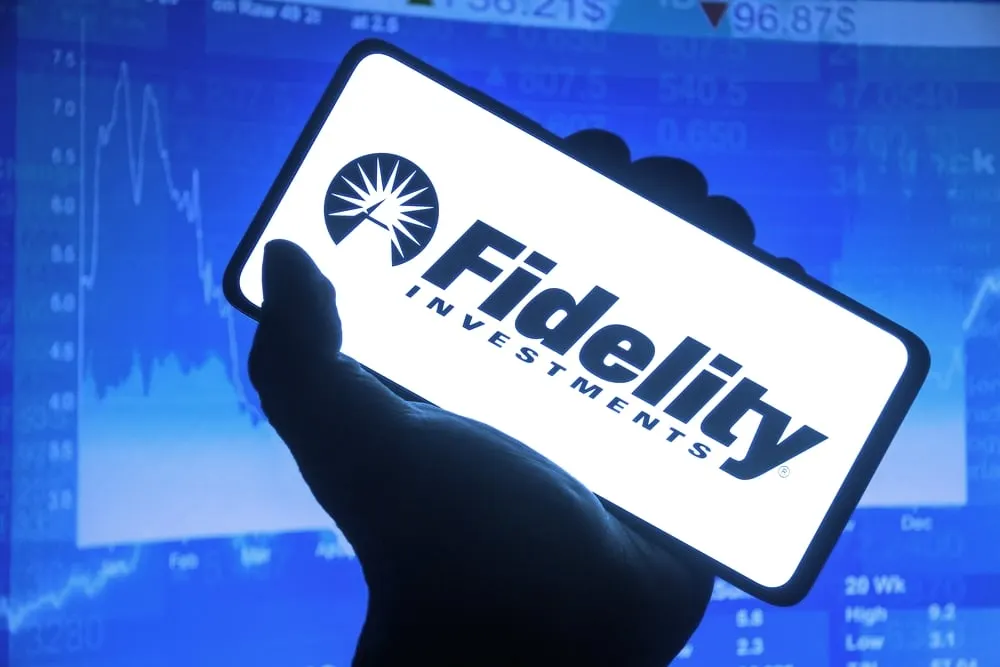Brokerage firm Fidelity has launched two new ETFs to track the general crypto industry and what’s quickly become known as the metaverse.
The new funds make Fidelity yet another major asset manager, joining BlackRock and Charles Schwab, that’s looking for ways to offer clients exposure to cryptocurrencies in a way that doesn’t force them to invest elsewhere. When the new funds launch April 21, Fidelity’s $33 billion ETF business will have 51 different funds.
An executive said that a lot of the demand for products related to cryptocurrencies and the metaverse, which pairs the virtual world and character-building mechanics with native currencies that can be traded, is from younger clients.
“We continue to see demand, particularly from young investors, for access to the rapidly growing industries in the digital ecosystem, and these two thematic ETFs offer investors exposure in a familiar investment vehicle,” said Greg Friedman, Fidelity’s head of ETF management and strategy.
An ETF, or exchange-traded fund, is a type of investment product tied to commodities, currencies, stocks, or bonds.
The new funds—Fidelity Metaverse ETF (FMET) and Fidelity Crypto Industry and Digital Payments ETF (FDIG)—will trade on Nasdaq. They are thematic, meaning that all assets contained in these portfolios are related to the metaverse or crypto, but investors aren't directly exposed to cryptocurrencies.
Fidelity noted this very explicitly in the prospectus for its crypto ETF.
“The fund will not invest in digital assets (including cryptocurrencies) directly, or indirectly through the use of digital asset derivatives,” the firm writes in the regulatory filing. “The fund also will not invest in initial coin offerings. Therefore the fund is not expected to track the price movement of any digital asset.”
That’s not to say Fidelity hasn’t been trying to get approval to offer an exchange-traded fund that would track the price of cryptocurrencies. In January, the U.S. Securities and Exchange Commission denied its application for a Wise Origin Bitcoin Trust.
The Wise Original Bitcoin Trust would have been a spot Bitcoin ETF, meant to track the price of Bitcoin itself. The SEC has yet to approve any application for that type of investment product.
The Fidelity crypto index, and by extension the strategy for its crypto fund, might include investing in companies that use crypto for their business activities or hold crypto as proprietary investments.
That would likely include companies like MicroStrategy (MSTR), which recently used Bitcoin to secure a loan to buy more Bitcoin and now has a total of 129,218 BTC worth about $5.2 billion at today’s price.
The metaverse fund will have at least 80% of its assets invested in securities included in the Fidelity Metaverse Index. According to the metaverse fund prospectus, Fidelity will select assets for the index using natural language processing on SEC filings to identify companies that generate at least half of their revenue from computer hardware, digital infrastructure, design and engineering software, gaming technology, web development, smartphones, and wearable tech.
The crypto industry fund will deploy a similar strategy, investing at least 80% of its assets in securities in the Fidelity Crypto Industry and Digital Payments Index. But the weighting of the crypto index differs slightly from the metaverse one.
Companies with more than 50% of their revenue tied to crypto mining, trading, operating an exchange, custody, or management will make up at least 60% of the portfolio. And stocks of digital payments processors, like Block, Inc. (SQ), will be included in the index based on their average daily volume.
Instead, the fund portfolios include shares of publicly traded companies that support the crypto ecosystem, crypto miners and exchanges, digital payment processors, and firms using blockchain technology.

